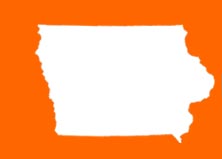

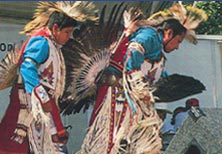
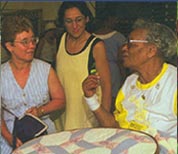
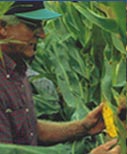
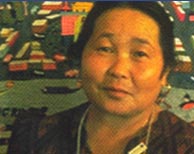
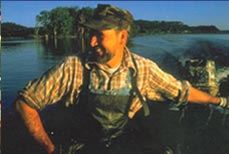
| Resources | ||||||
|
||||||
| Learning Guide |
| 1. Social Studies |
| 2. Language Arts |
| 3. Music |
| 4. Art |
| 5. Special: Multi-Disciplinary, Culminating Activities |
|
Occupational folklife refers to the work-related stories, the customary practices, skills, and material objects that people use in their professions, as well as the special terms, sayings, jokes, legends, songs, and rituals associated with them.
Folklife Background This lesson explores creative expressions and knowledge used in a variety of occupations. The video provides a fairly intimate portrait of the work done by the following: Jack Libbey, a veteran Mississippi River towboat captain from Lansing |
Previous |
| | Next |
| Objectives | ||||||||
Students will be able to:
|
| Cross References |
Instructional Program: Sense of Place: Interdisciplinary Wilderness Unit, Making a Living, Badges of Pride, Agriculture: Farming and More, Iowa Farm Women (Page 1), Iowa Farm Women (Page 2), We’ve Gotcha Covered |
| smithsonian institution |
 |
pioneer hi-bred international, inc. |
iowa sesquicentennial commission |
 |
iowa arts council |
